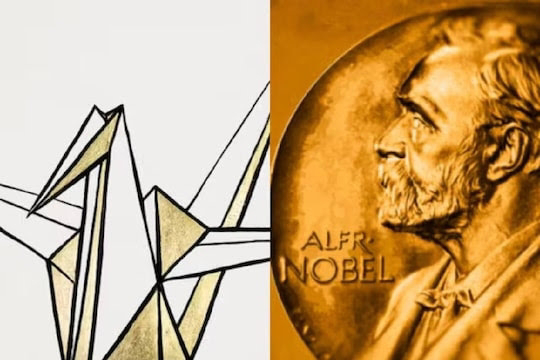Biomolecules
- Many molecules are required for the cell structure and cell functions. These molecules are formed by the various combinations of elements such as carbon, hydrogen, oxygen, nitrogen, phosphorous and calcium.
- Carbohydrate, protein, lipid and nucleic acid are the basic building blocks of life. These are known as biomolecules.
- The size of a minute calculation - There are 37 trillion cells in human body. It is estimated that one billion chemical reactions take place every second in each cell. If so, how many chemical reactions take place in body cells in one second - Read on 37000000000000000000000.
Biomolecules
- Carbohydrate - Glucose, Fructose, Sucrose, Starch, Cellulose
- Lipid - fats, oils
- Nucleic acids - DNA,RNA
- Proteins - Enzymes, Hormones, Antibodies
Enzymes and Hormones
- Enzymes are molecules which help to speed up the countless chemical reactions that take place in organism every moment. Most enzymes are proteins. Salivary amylase present in saliva and pepsin present in gastric juice are examples for enzymes.
- Hormones are chemical molecules that regulate and coordinate biological processes. These are produced by various endocrine glands. Testosterone, estrogen and progesterone that control the function of sex organs are examples for hormones.
- All life signs are manifested by the actions of biomolecules and many other chemical factors inside the cell. All such chemical reactions together taking place in an organism are called metabolism.
- Metabolism can be divided into two. Anabolism which combines molecules and catabolism which breaks down molecules.
- Biomolecules such as enzymes and hormones are also formed inside the cell to regulate and help metabolism.


Comments
Post a Comment